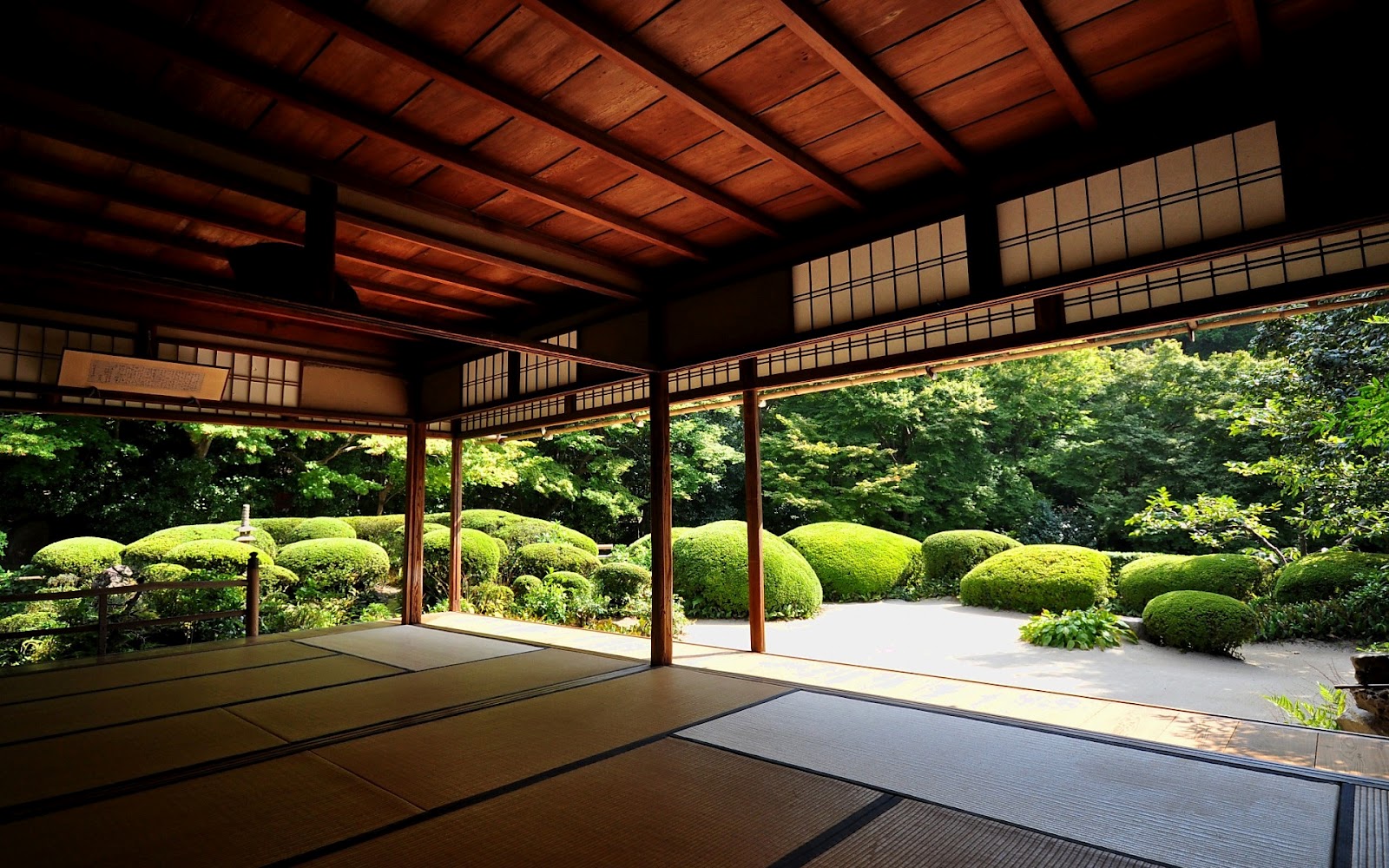
10 Don’ts When Drinking Tea
Regarded for thousands of years in the East as a key to good health, happiness, and wisdom, tea has also caught the attention of researchers in the West, who are discovering the many health benefits of different types of teas.
Studies have found that some teas may help with cancer, heart disease, and diabetes; encourage weight loss; lower cholesterol; and bring about mental alertness. Tea also appears to have antimicrobial qualities.
Studies have found that some teas may help with cancer, heart disease, and diabetes; encourage weight loss; lower cholesterol; and bring about mental alertness.
Despite all of these benefits, we need to be aware of certain precautions when drinking tea. Here are 10 don’ts when drinking tea:
- Don’t drink tea on an empty stomach. Doing so will chill the spleen and stomach, which will result in health problems. There is also a Chinese proverb: “Do not drink tea when you’re empty inside.”
- Don’t drink tea while it’s still burning hot. That will irritate the throat, gullet, and stomach. People who drink very hot tea over a long period of time will be at a higher risk of suffering from related digestive diseases.
- Don’t drink tea after it has gone cold. Warm tea may help one to stay clear-headed and improve your thinking; on the contrary, cold tea can generate phlegm.
- Don’t drink strong tea. Strong tea is rich in caffeine and theophylline, which can cause migraines and insomnia.
- Don’t brew your tea for too long. The color will become very dark, and the taste and aroma will be unpleasant. Moreover, the original vitamin C and P and the amino acids will be destroyed, reducing the nutritional benefits.
- Don’t brew the tea too many times. Normally, the ideal number of times for brewing tea is 3 to 4. Any more than this will release some bad elements from the tea.
- Don’t drink tea before eating. Tea will dilute phlegm, make the food tasteless, and reduce the digestive system’s ability to absorb protein.
- Don’t drink tea straight after eating. The tannic acid in the tea will combine with the protein and iron in the food, and it will affect your entire digestive system.
- Don’t drink tea when taking medicine. The efficacy of the medicine will be reduced as a result. There is an old Chinese saying: “Tea destroys medicine.”
- Don’t drink tea that has been left overnight, as the vitamins, protein, and carbohydrate will become nutrition for growing bacteria and fungi. However, it may have some medical efficacy before it becomes spoiled. It is rich in acids and fluorine, which may be effective in treating capillary bleeding, stomatitis, bleeding gums, skin bleeding, ulcers, and eye bleeding. It can also help as a breath freshener and in protecting teeth.
Subscribe
Login
0 Comments





